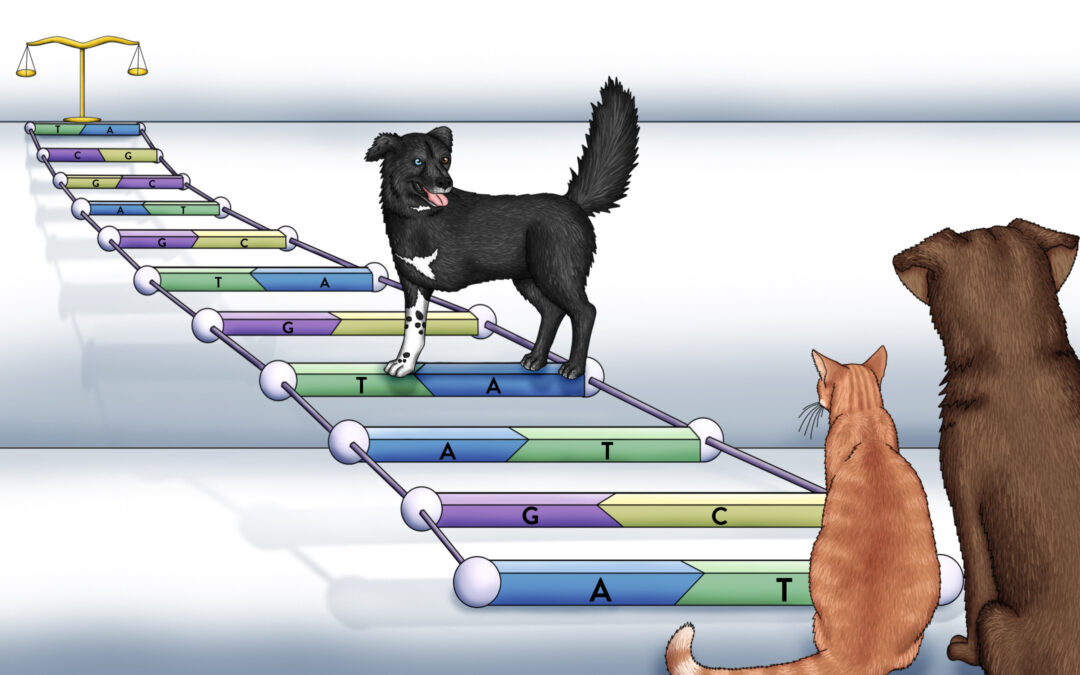
Cracking the Case With Pet DNA
VGL-Forensics is performing complex domesticated animal DNA analysis to prosecute crimes when other evidence is not enough to link humans or animals to a crime.

VGL-Forensics is performing complex domesticated animal DNA analysis to prosecute crimes when other evidence is not enough to link humans or animals to a crime.

The immune system is known for its ability to destroy pathogens, but more recently, scientists have found an additional way our bodies survive infections.
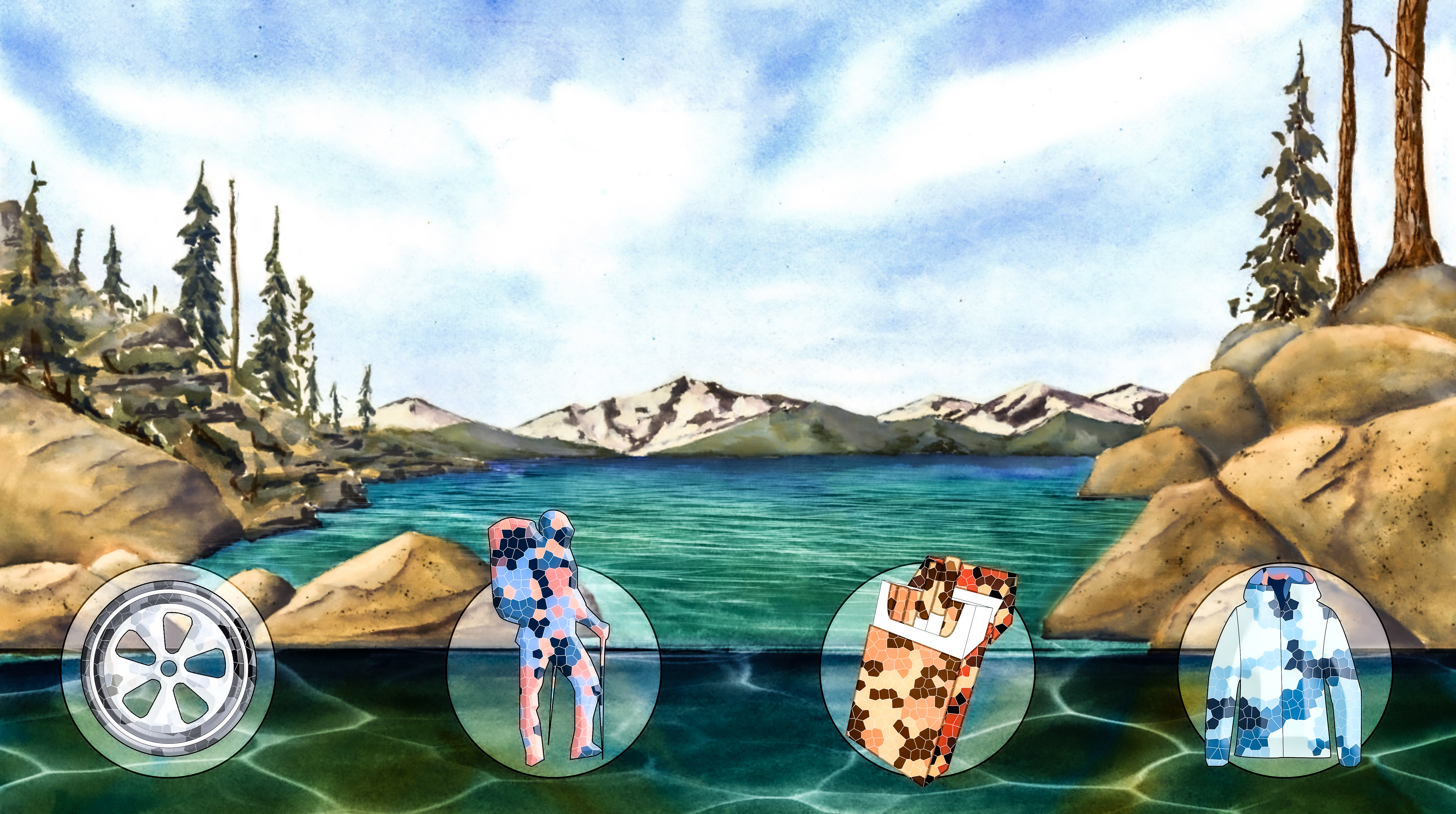
Amanda Heidt explores how scientists are tracking Lake Tahoe’s microplastics and what they could mean for environmental and human health.
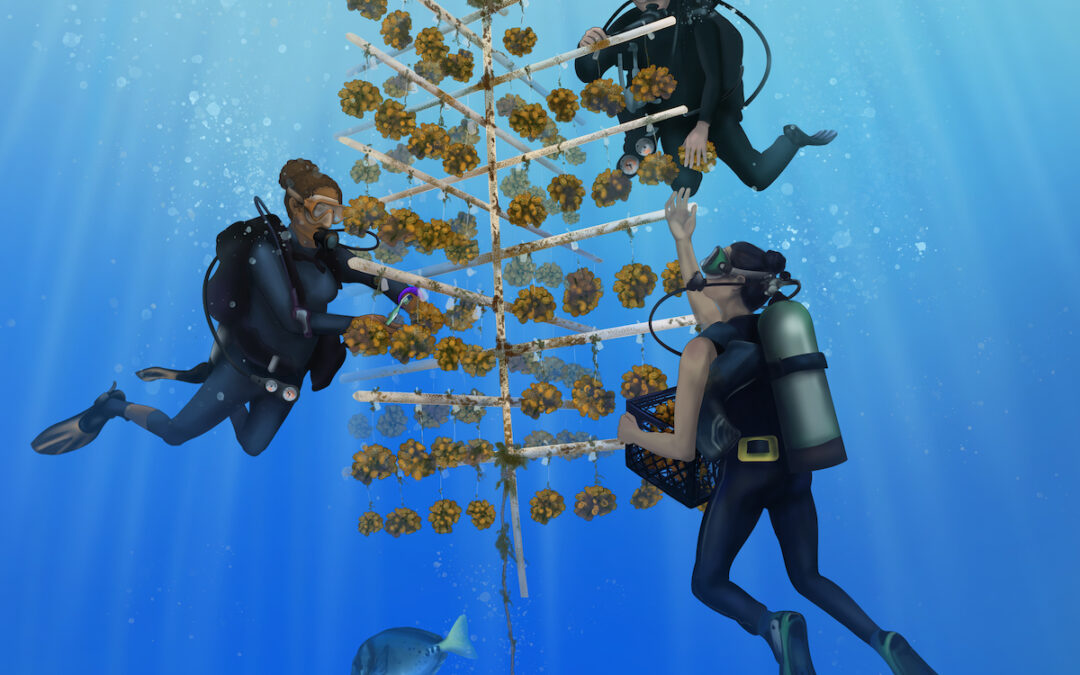
Scientists in Costa Rica are growing new corals to try and save the ancient ones, Ashleigh Papp reports from the field.

Los científicos de Costa Rica están cultivando nuevos corales para tratar de salvar los antiguos, Ashleigh Papp inform desde el campo.
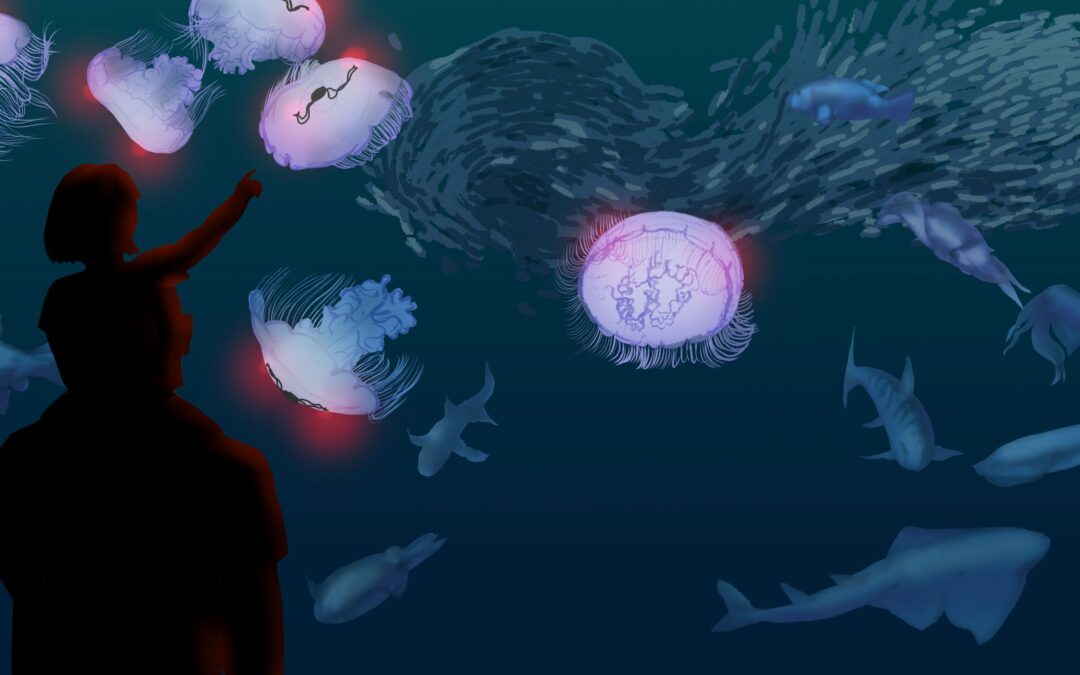
Cyborg jellyfish enter the emerging world of biohybrid robots.
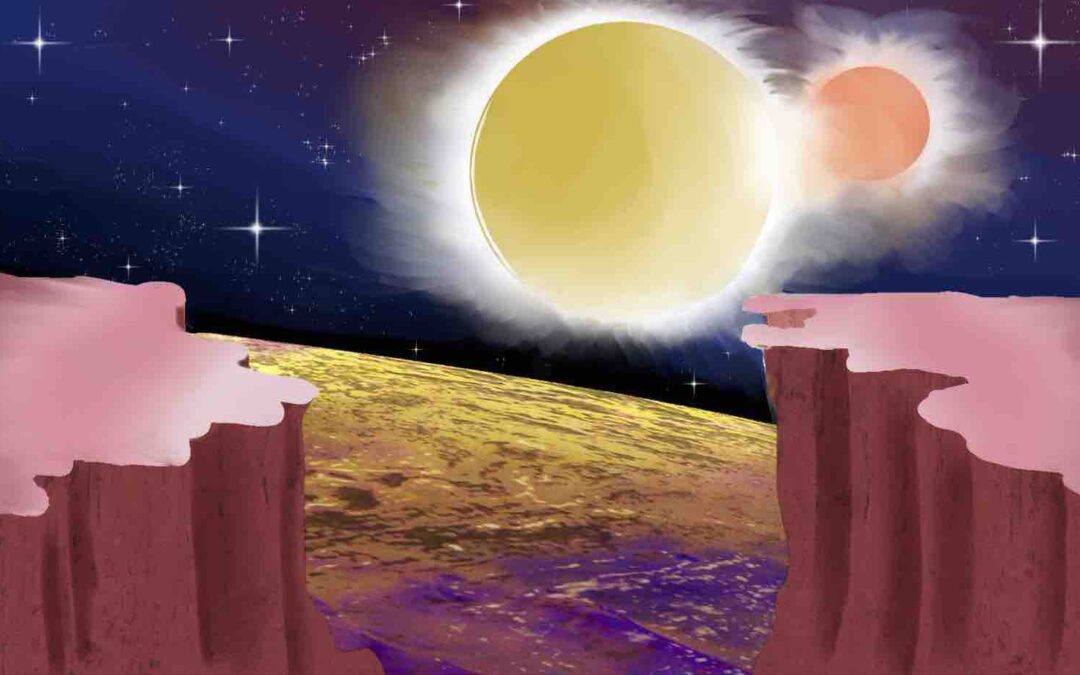
Roughly half of stars similar in size to our sun are in binary or multi-star systems. But how many of these star systems have planets?
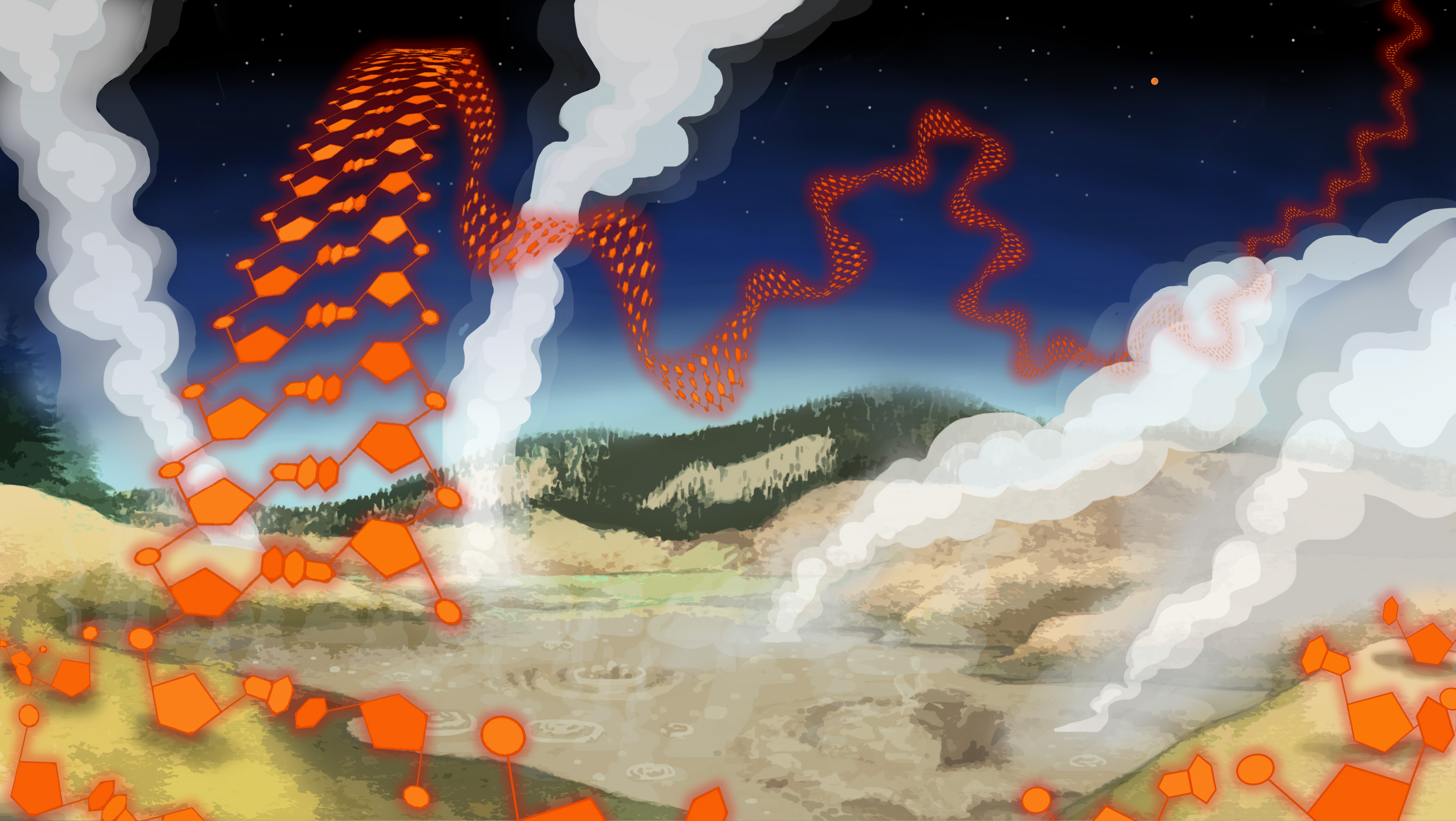
Understanding where life began on Earth could guide the search for life beyond our planet.
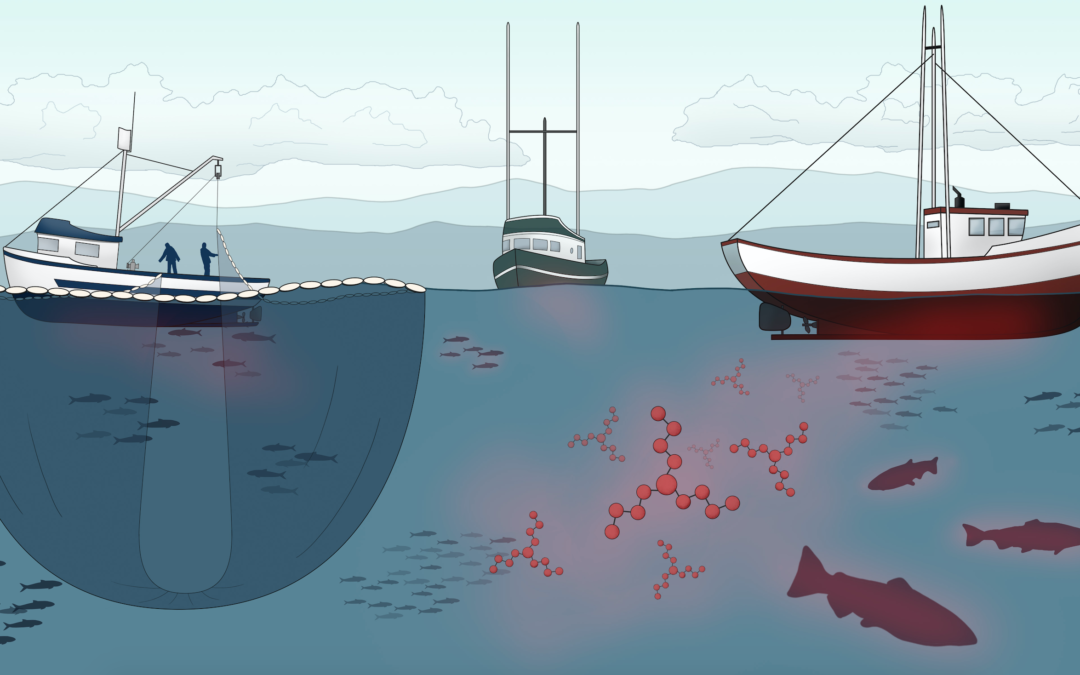
It doesn’t make sense — How could a chemical you were never exposed to affect your health? But that’s what scientists are finding in animal studies that may have important implications for people too, reports Jonathan Wosen.
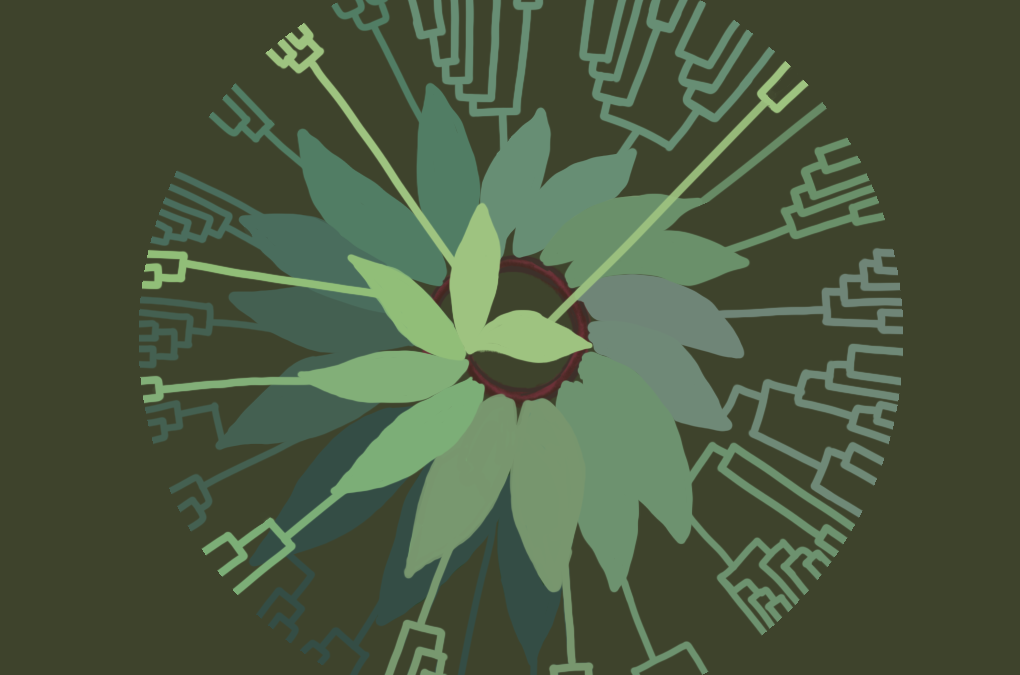
Spiral ginger plants have evolved different flower shapes to accommodate their preferred winged pollinator.
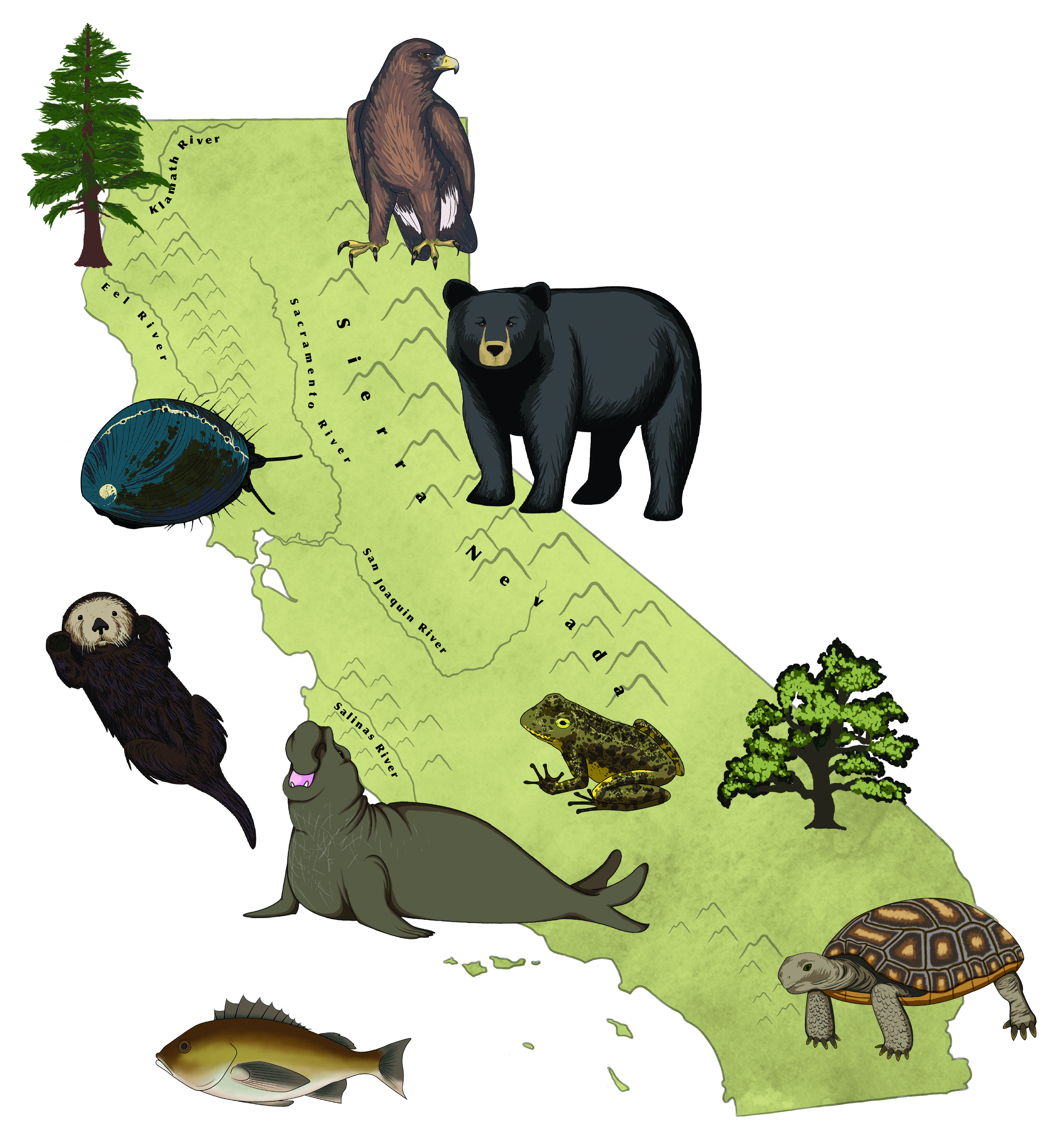
How a new project in California aims to bring the most powerful genomics tools in the fight against extinction.
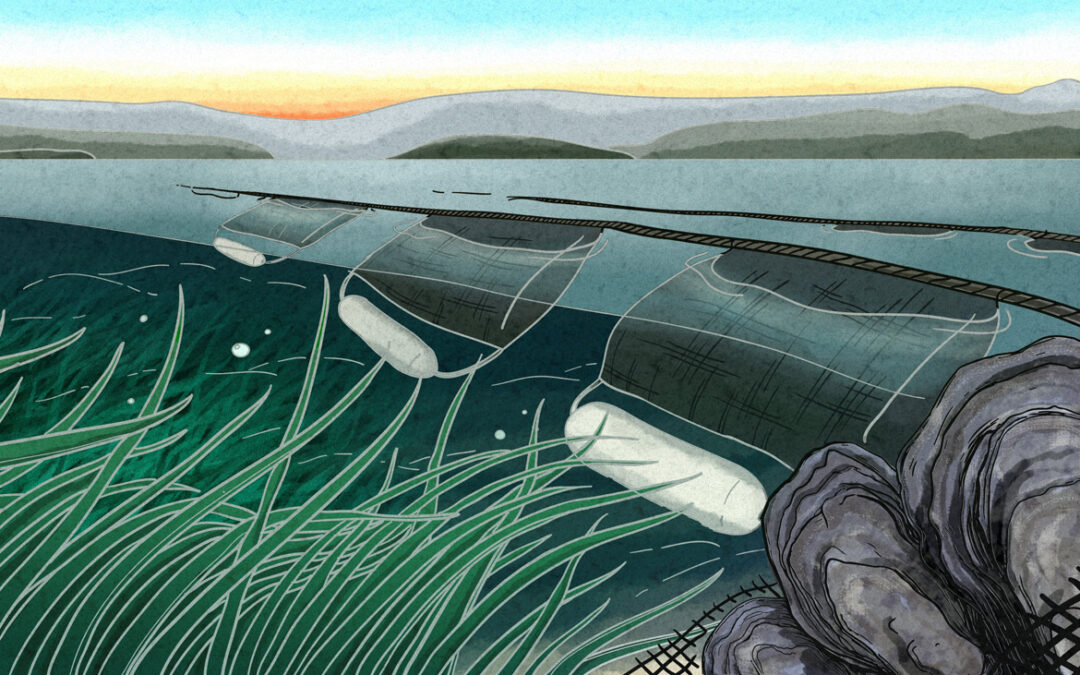
Lummis’s results are still preliminary, but she says her line of inquiry could lead to “a major attitude shift” – one that evaluates oyster growers not just on what they take from natural environments, but what they give back.